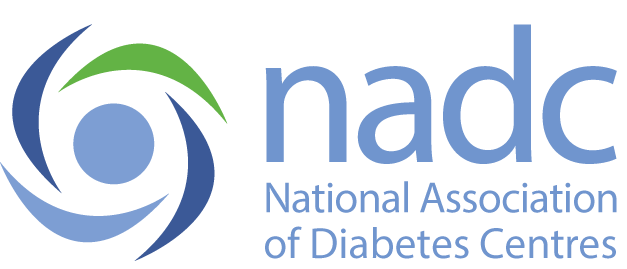ADS Guide for the Management of Diabetes during the COVID-19 pandemic (2 April, 2020)
The COVID-19 pandemic has changed the focus of clinical services. This impacts diabetes care at tertiary, secondary and primary care levels. Indeed, we have a responsibility to ensure that critical diabetes care continues, with the aim being to minimise the burden on the hospital system as well as to ensure that long-term glycaemic control for people with diabetes continues and complications are prevented.
Please download the ADS Guide for the Management of Diabetes during the COVID-19 pandemic (2 April, 2020)
Managing Worry about COVID-19 and Diabetes (2 April, 2020)
We know things might be a little scary and uncertain at the moment. Your experience of living with diabetes, and the stresses and uncertainties it brings, means you are likely to be better prepared to cope with this situation than most people. If you find yourself worrying, it might help to focus on the things that you can control in your life.
For further information please read fact sheet on Managing worry about COVID-19 and diabetes
Updated ADS Communique regarding diabetes and COVID-19 (29 March, 2020)
The ADS has updated the communique regarding diabetes and COVID-19 with respect to information on SGLT2i and ACEi/ARB medications as well as informing new restrictions regarding insulin pump consumables and reservoirs.
Please download the full letter from ADS President (29 March, 2020)
A message to the diabetes community (25 March, 2020)
Please read an important diabetes alliance statement from DA, ADS, APEG, ADEA, JDRF
Important Information About Diabetes and COVID-19 (25 March, 2020)
Please download flyer for further important information regarding Diabetes and COVID-19
COVID-19 and the National Diabetes Services Scheme (NDSS) (23 March, 2020)
We recognise that people with diabetes and their families may be concerned about their risk, and also the availability of their diabetes medicines and NDSS products and supplies. Most people are continuing to order and receive their NDSS products and diabetes medicines as usual. This ensures enough products are available for everyone. For the latest information on COVID-19 and the NDSS, please visit the NDSS website at ndss.com.au/coronavirus-covid-19-information/. If you need a bit of extra support, or if you are struggling with your diabetes management during this time, please don’t hesitate to call the NDSS Helpline on 1800 637 700 to speak to a health professional.
Don’t Stockpile – Consumer Advisory from Australian Diabetes Society (23 March, 2020)
The Australian Department of Health has made an official statement clarifying there are no current shortages of insulin or other diabetes-related products and medicines. Unfortunately, there has been a surge in the number of people stockpiling insulin and other diabetes-related products and medicines. Stockpiling can create local shortages. Please help us stop stockpiling by sharing this post. If you do experience any issues please contact the NDSS with details so it can be investigated. You can contact the NDSS on 1800 637 700.
Read the statement provided by the TGA here:
Updated ADS Communique regarding diabetes and COVID-19 (21 March, 2020)
The ADS has updated the communique regarding diabetes and COVID-19 with respect to medication usage advice, medication supplies and medical device technology supplies.
Please download the full letter from ADS President (21 March, 2020)
ADS Communique for Health Professionals regarding diabetes and COVID-19 (18 March, 2020)
In light of the coronavirus pandemic the Australian Diabetes Society (ADS) is keen to keep health professionals abreast of the latest information to assist with looking after people with diabetes. The ADS acknowledges that diabetes health professionals are facing significant challenges in the delivery of safe and appropriate health care to people with diabetes in both the public and private sectors. Challenges include significant reductions in available staffing due to self-isolation requirements, re-deployment to other areas, other intercurrent illnesses and possible actual infection by COVID-19. We also acknowledge that there will be changes to the delivery of diabetes education in group settings, reduction in face-to-face diabetes care delivery in ambulatory care centres and outpatient clinics. There will also be changes to settings required for direct contact in situations such as emergency diabetes management, insulin commencement, high risk foot services, diabetes in pregnancy and inpatient diabetes care. There will also be reductions and changes in the availability of interpreter services, increased reliance on telehealth/telephone services and variations in technology access for patients. As expected, there are high levels of anxiety in the diabetes community, especially those with type 1 diabetes or with children with type 1 diabetes and we are working with Diabetes Australia on this and related matters.
Please download the letter for further information (18 March, 2020)

